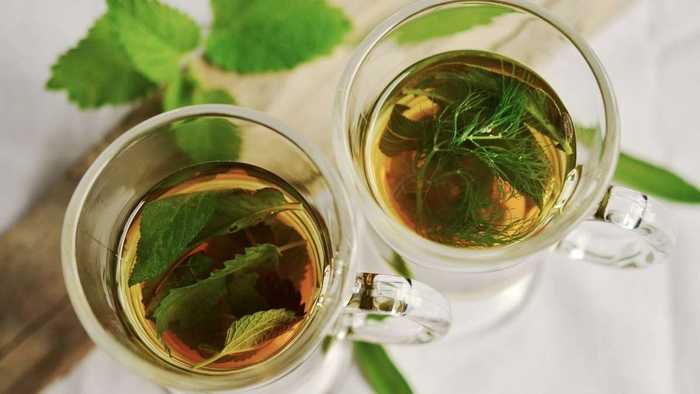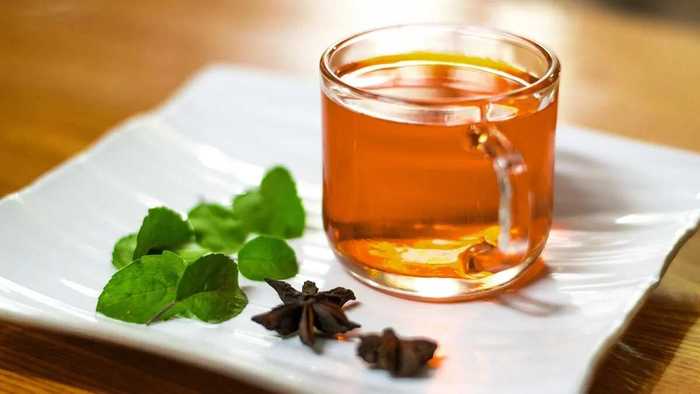Published 16:03 IST, January 1st 2024
Here is why you should consume a cup of tulsi kadha in winters
Incorporating this ancient Ayurvedic remedy into your morning routine can offer a multitude of benefits, fostering a harmonious start to your day.
- Lifestyle News
- 2 min read
In the realm of holistic health practices, Tulsi kadha, or holy basil tea, has emerged as a revered elixir for the mind and body. Incorporating this ancient Ayurvedic remedy into your morning routine, especially in winter, can offer a multitude of benefits, fostering a harmonious start to your day. Here are five compelling reasons to make Tulsi kadha a morning ritual.
Boosts immunity
Tulsi, known for its potent antiviral, antibacterial, and antifungal properties, acts as a natural immune booster. Starting your day with Tulsi kadha can fortify your immune system, helping your body defend itself against various infections and illnesses.

Stress reduction
Tulsi is renowned for its adaptogenic qualities, which means it helps the body adapt to stress and maintain balance. Consuming Tulsi kadha in the morning can promote a sense of calm and reduce stress levels, setting a positive tone for the day ahead.
Enhances respiratory health
The aromatic compounds in Tulsi kadha have a soothing effect on the respiratory system. Regular consumption can alleviate symptoms of respiratory conditions, making it an ideal choice for those looking to support lung health and breathe more freely.

Balances blood sugar levels
Studies suggest that Tulsi may help regulate blood sugar levels. Starting your day with Tulsi kadha can be a proactive step in managing blood glucose levels, especially beneficial for individuals with diabetes or those at risk of developing the condition.

Helps in digestion
Tulsi kadha is known to stimulate digestion and improve gut health. By incorporating this herbal concoction into your morning routine, you can kickstart your digestive system, promoting better nutrient absorption and reducing the likelihood of digestive discomfort throughout the day.
Updated 16:03 IST, January 1st 2024